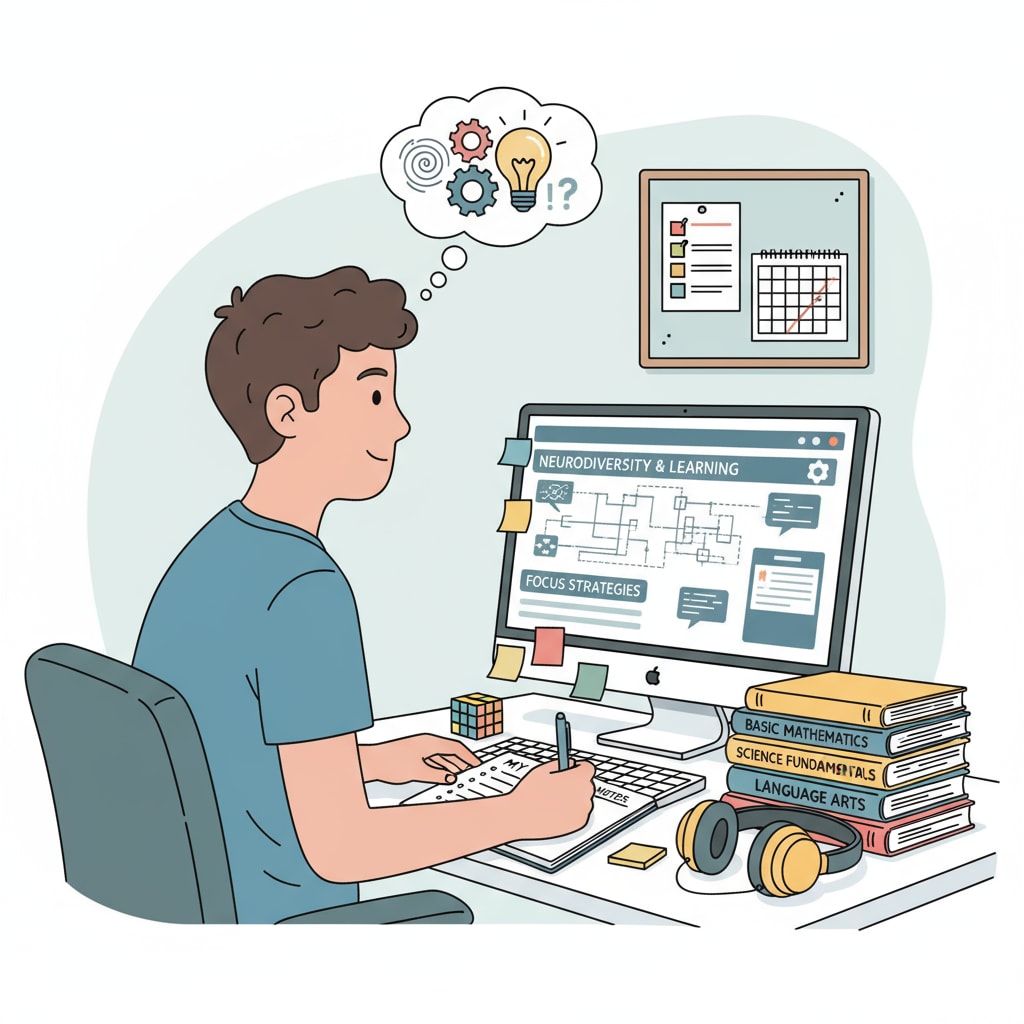Basic education, podcasts, ADHD, and online learning are crucial elements for adults, particularly those with ADHD, who aim to revisit and strengthen their K12 knowledge. Many adults with ADHD may have faced challenges during their initial K12 education journey, but now, with the right resources, they can rewrite their educational narrative.

Understanding the Need for “Second Learning”
For adults with ADHD, the first attempt at K12 education might have been hindered by symptoms like inattention, hyperactivity, or impulsivity. These challenges could have led to gaps in knowledge. However, the desire for personal growth, career advancement, or simply intellectual fulfillment often drives them to seek a “second learning” opportunity. According to ADDitude Magazine, many adults with ADHD find that relearning basic concepts can boost their confidence and open new doors in various aspects of life.
Benefits of Podcasts in Basic Education
Podcasts have emerged as a powerful tool for adult learners with ADHD. They offer flexibility, allowing individuals to listen at their own pace and in various environments. For example, someone can listen to a podcast while commuting, doing household chores, or during exercise. Podcasts cover a wide range of basic education topics, from mathematics and science to language arts. LearnOutLoud is a great platform that hosts numerous educational podcasts.

Moreover, the audio format can be less overwhelming for those with ADHD compared to traditional text-based learning materials. The engaging voices and storytelling techniques used in many podcasts can help maintain focus and make learning more enjoyable.
Readability guidance: As we can see, podcasts provide a convenient and effective way for adults with ADHD to engage in basic education. Next, let’s explore the world of online learning.
The World of Online Learning
Online learning platforms offer a vast array of courses tailored to different levels of basic education. Platforms like Coursera and Khan Academy provide high-quality courses that cover K12 subjects in depth. These courses often include video lectures, interactive assignments, and discussion forums, which can enhance the learning experience.
For adults with ADHD, the interactive nature of online courses can be highly beneficial. They can actively participate in discussions, ask questions, and receive immediate feedback. Additionally, many online courses allow learners to set their own schedules, which is crucial for managing ADHD symptoms.
Strategies for Effective Learning
When embarking on this “second learning” journey, adults with ADHD can adopt several strategies. First, creating a structured study routine is essential. Setting specific times for learning and breaks can help improve focus. Second, using tools like timers and organizers can assist in managing time and tasks.
In addition, seeking support from a study group or an ADHD coach can make a significant difference. A study group can provide motivation and peer interaction, while an ADHD coach can offer personalized strategies for dealing with learning challenges.
In conclusion, adults with ADHD can successfully engage in “second learning” of K12 basic education by leveraging podcasts and online learning resources. With the right strategies and support, they can overcome past educational hurdles and achieve their learning goals.


